Knives Spyderco | Mule Team™ 19 Psf27
$79.95 $58.36
Knives Spyderco | Mule Team™ 19 Psf27
Spyderco’S Nineteenth Mule Team Project Installment Features Psf27, A Tool Steel Produced Using The Spray Forming Process. Spray Forming—Also Known As Spray Casting Or Spray Deposition—Begins By Melting An Alloy Steel In An Induction Furnace. The Molten Steel Is Then Poured Through A Ceramic Nozzle And Broken Up Into Droplets By An Array Of Gas Jets. The Droplets Are Accelerated By The Jets To Impact Onto A Collection Surface While Still In A Semi-Solid Condition. There They Build Up To Form A Spray-Formed Billet, Assuming The Shape Of The Substrate Surface. The Small Size And Rapid Cooling Of The Droplets Minimizes Alloy Segregation To Produce An Extremely Fine-Grained Homogenous Steel.
Psf27 Combines The Advantages Of The Spray Forming Process With An Alloy Composition (1.55% Carbon, 12.00% Chromium, 0.75% Molybdenum, 1.00% Vanadium) That Is Basically Equivalent To D2 Tool Steel. The Synergy Of These Alloys And The Spray Forming Process Results In A Steel That Offers Increased Toughness, Wear Resistance, Crack Resistance, And Higher Hardness. It Is Also More Predictable And Dimensionally Stable During The Heat-Treatment Process.
Be the first to review “Knives Spyderco | Mule Team™ 19 Psf27” Cancel reply
Related products
Archived Products
Archived Products
Archived Products
Archived Products
Archived Products
Archived Products
Archived Products
Archived Products
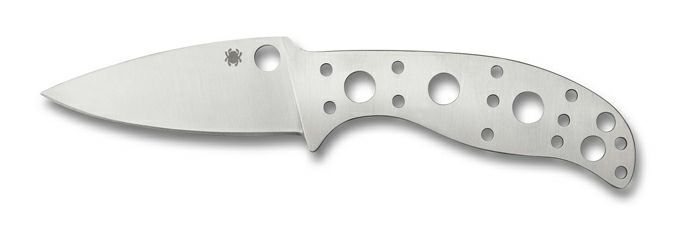
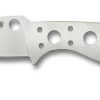
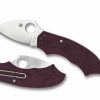

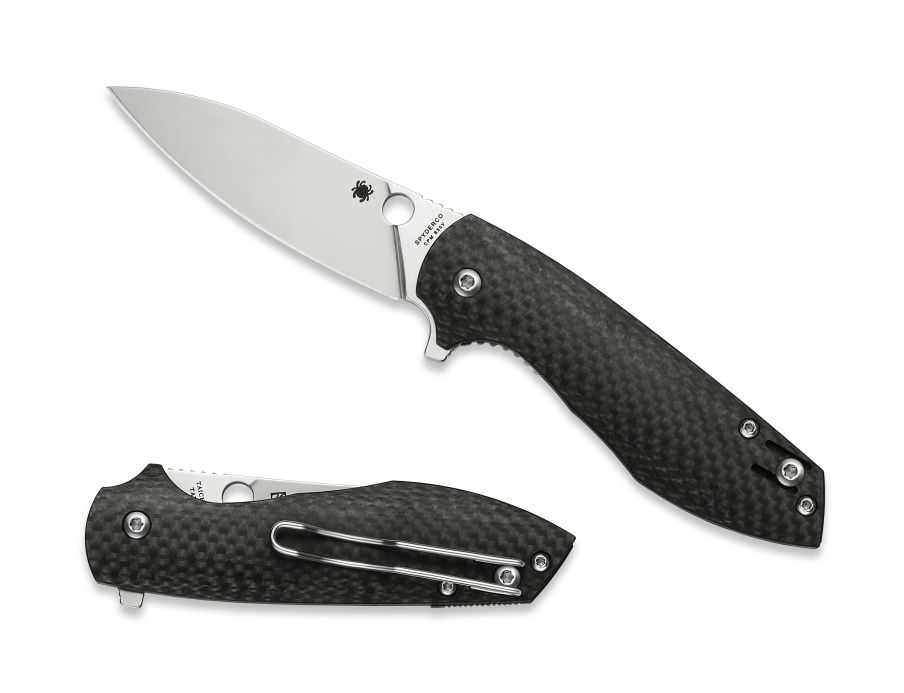
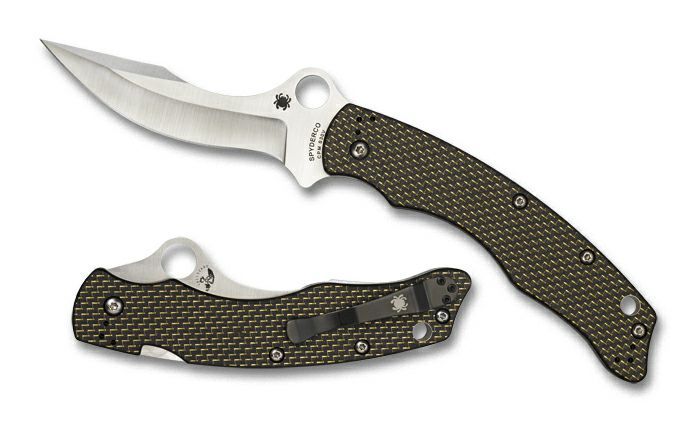
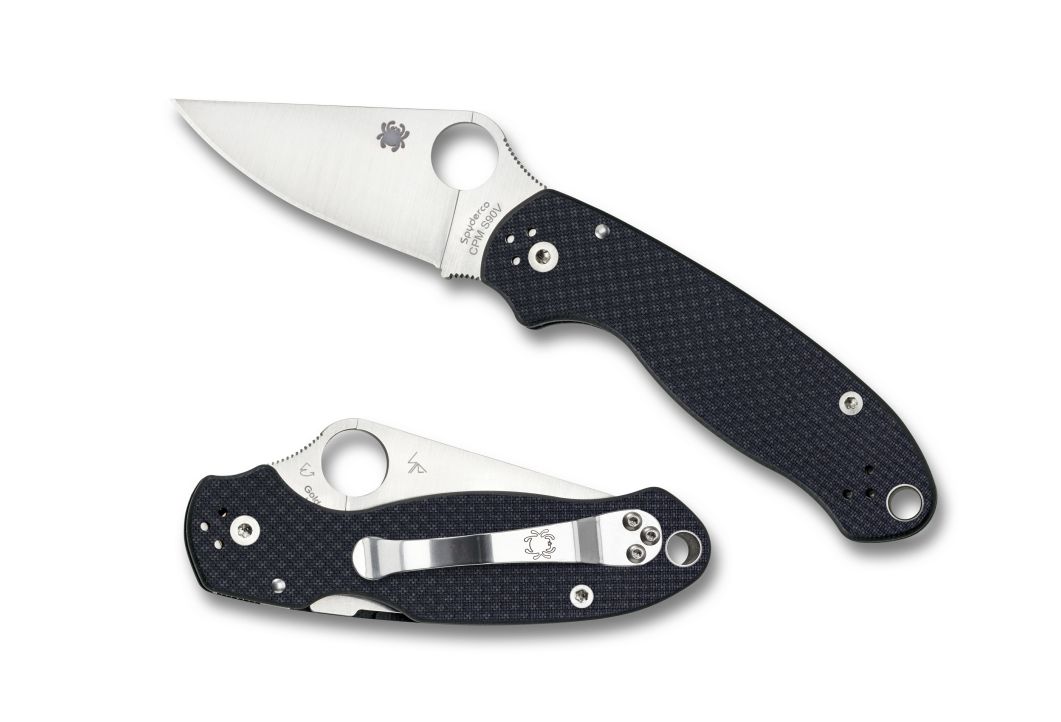


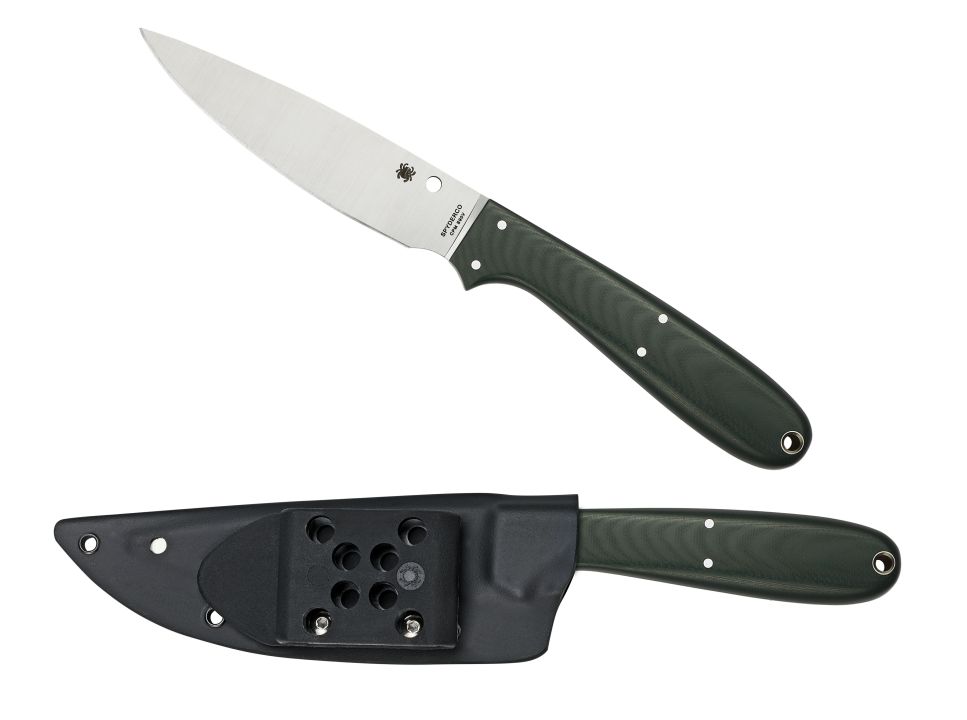
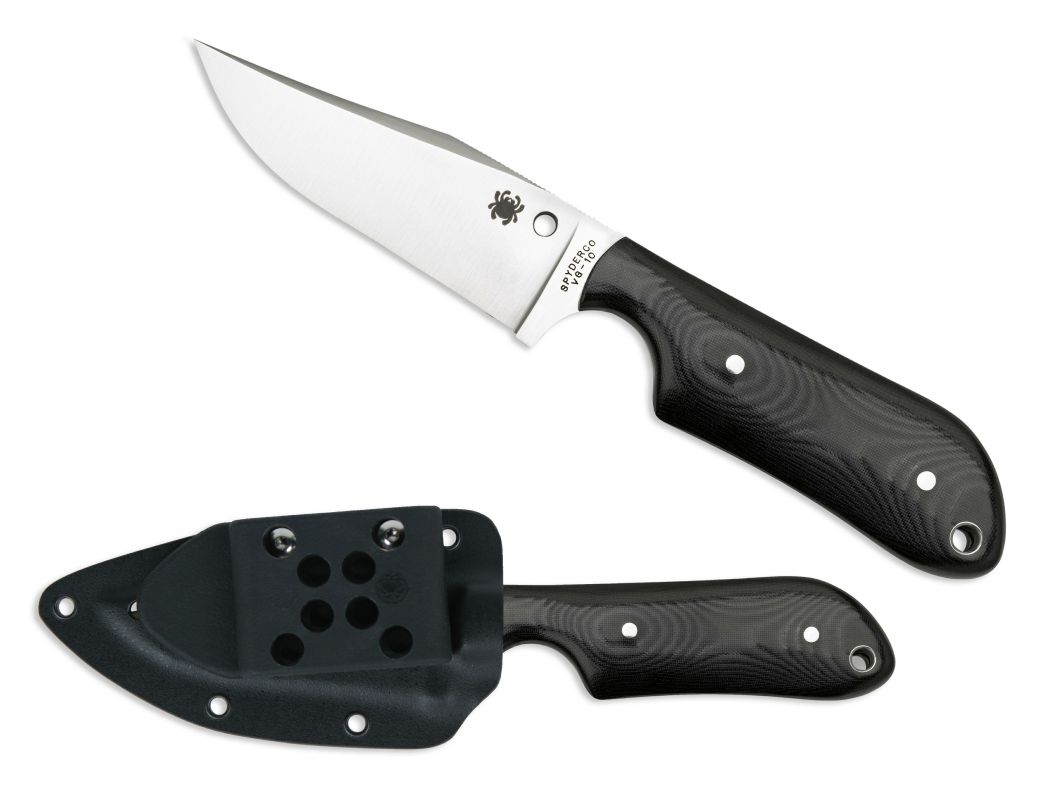
Reviews
There are no reviews yet.